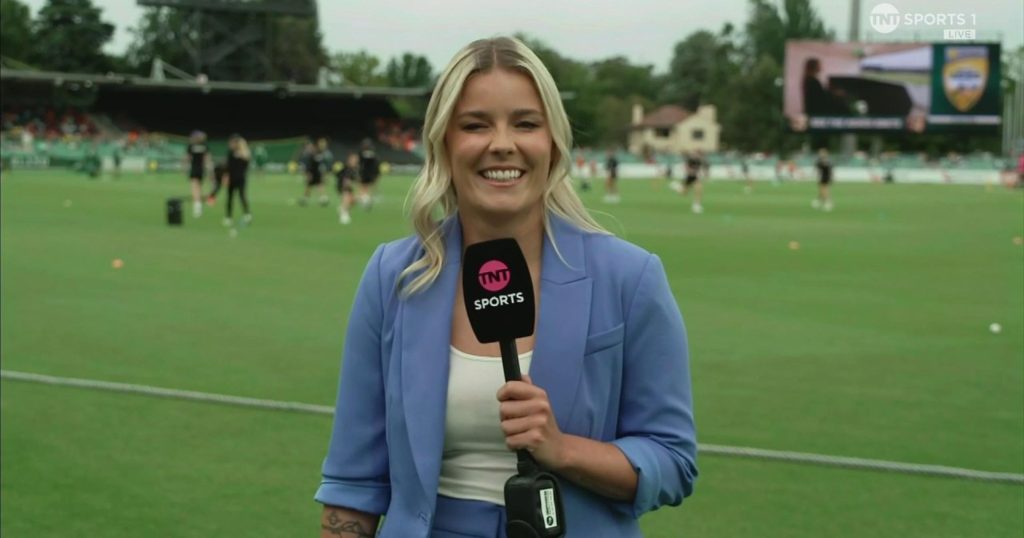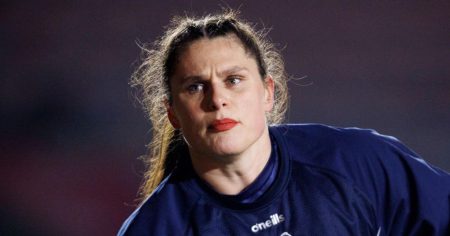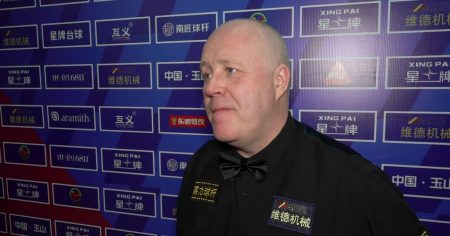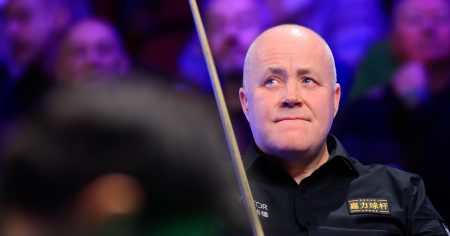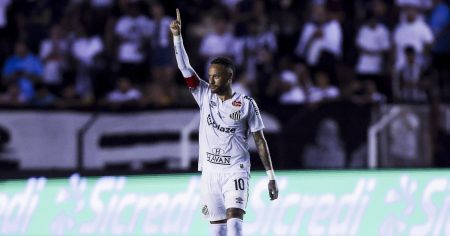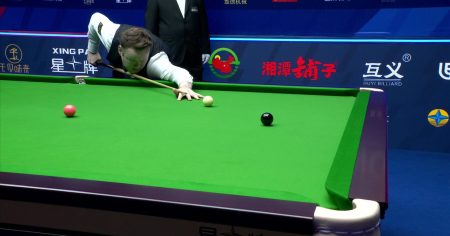The recent Ashes series has provided a compelling backdrop for a drama unfolding off the field, revolving around TNT Sports presenter Alex Hartley and England spinner Sophie Ecclestone. Hartley, a former England cricketer herself, found herself in the midst of an unexpected controversy when Ecclestone declined a post-match interview following a crucial T20 match. This seemingly simple act sparked a wave of reactions, thrusting Hartley into the spotlight and raising questions about player-media relationships, the pressures of international cricket, and the role of broadcasters in shaping narratives. Hartley’s subsequent conversation with the TNT Sports studio offered a candid glimpse into her emotional response to the incident, shedding light on the personal impact of such situations on those involved.
Hartley’s discussion with the studio touched upon the multifaceted nature of the broadcaster’s role in sports coverage. As a former player, she brings a unique perspective to her analysis and interviewing, often drawing upon her own experiences to provide insights into the game. This insider status, however, can also blur the lines between professional objectivity and personal connection. Hartley likely felt a sense of camaraderie with the current players, perhaps even a sense of shared responsibility in promoting women’s cricket. Ecclestone’s refusal, therefore, could have been perceived not just as a professional slight, but also as a breach of this unspoken bond. The incident highlights the delicate balance broadcasters must strike, maintaining professional distance while fostering relationships that allow for insightful and engaging coverage.
The incident also exposed the intense pressure cooker environment that surrounds elite-level sport. Players like Ecclestone operate under immense scrutiny, with every performance, every decision, analyzed and dissected by fans, pundits, and the media. In the high-stakes world of the Ashes, where national pride and historical rivalries amplify the tension, the pressure can become overwhelming. Ecclestone’s refusal to speak to Hartley might have been a reaction to this pressure, a momentary retreat from the spotlight to regroup and refocus. While understanding the context does not necessarily excuse the action, it does offer a glimpse into the psychological burdens athletes carry, particularly in high-pressure tournaments like the Ashes.
Furthermore, Hartley’s experience underscores the challenges faced by women in sports broadcasting. While there has been considerable progress in recent years, women in sports media still navigate a landscape where their credibility can be questioned and their opinions subjected to greater scrutiny. The online backlash Hartley received following Ecclestone’s refusal to engage highlights the persistence of gendered biases in sports commentary. Hartley’s vulnerability in sharing her feelings publicly opened a conversation about the unique pressures faced by women in sports media, and the importance of supporting their voices in an often-hostile environment.
The incident also raised questions about the evolving dynamics of player-media interactions in the modern sports landscape. The proliferation of social media and the 24/7 news cycle have blurred the lines between public and private personas, creating a constant demand for access to athletes. This constant scrutiny can make players wary of engaging with the media, particularly after a disappointing performance or in a high-pressure situation. Ecclestone’s decision, while controversial, could be seen as a reflection of this changing landscape, where athletes assert greater control over their narratives and interactions with the media. This evolving relationship requires ongoing negotiation and understanding from both sides.
In the larger context, this seemingly minor incident serves as a microcosm of the broader challenges and complexities within the world of professional sports. It highlights the pressures faced by athletes, the delicate balancing act required of broadcasters, and the ongoing evolution of player-media relationships. Hartley’s openness and vulnerability in sharing her experience have sparked a much-needed conversation about these issues, paving the way for greater empathy and understanding within the sporting community and beyond. The incident underscores the importance of open communication, mutual respect, and a recognition of the human element within the often-intense world of professional sport.




